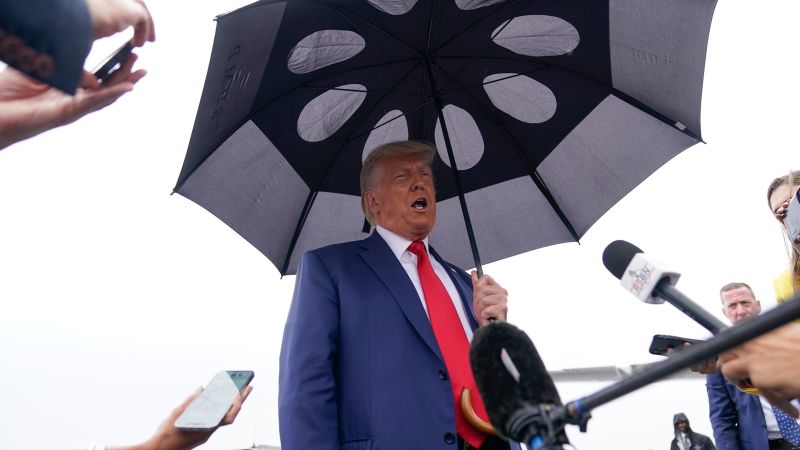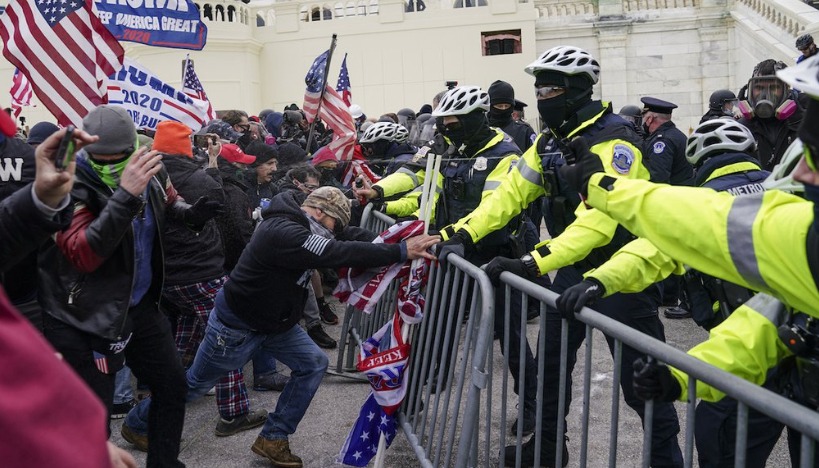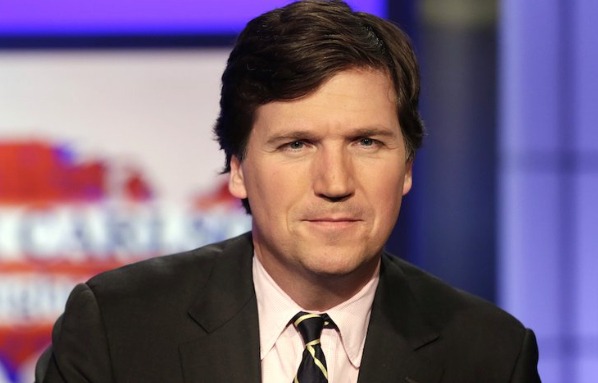Former President Donald Trump’s legal team is proposing narrower rules for what he can do with evidence in the criminal election interference case. The team claims that special counsel prosecutors are politically motivated and seeking to restrict Trump’s First Amendment rights.
Prosecutors have proposed a more restrictive protective order over evidence, citing Trump’s public statements that could potentially harm witnesses or affect the fair administration of justice.
The disagreement between prosecutors and Trump’s lawyers over the protective order is unusual. The Justice Department has not requested special protections over records already in Trump’s possession or publicly available information. The teams have also fought over the schedule for resolving the dispute. Trump’s lawyers point to comments from President Joe Biden and a meme on Twitter to show how Biden has capitalized on the indictment.
Despite the tone of their submission, Trump’s lawyers acknowledge the need to keep certain evidence private. They suggest a more limited protective order that would protect genuinely sensitive materials while preserving Trump’s First Amendment rights. Trump’s team is asking for changes to the definition of “sensitive” discovery materials and who can access certain evidentiary materials.
They also recommend changes to procedures for handling non-public evidence during pre-trial and trial proceedings. In criminal cases, prosecutors can seek protective orders to prevent defendants from speaking publicly about sensitive information. Gag orders, which prevent defendants from talking publicly about a pending case, are less common due to constitutional concerns.
Trump’s Bold Stand: Challenging Restrictive Rules in 2020 Election Interference Case
In a bold move that has sent shockwaves through the political landscape, former President Donald Trump has taken a stand against what he perceives as restrictive rules in the 2020 election interference case. Trump’s legal team has filed multiple lawsuits in an attempt to challenge the outcome of the election, citing alleged irregularities and violations of election laws. While critics argue that these claims lack evidence, Trump’s determination to challenge the status quo raises important questions about the integrity of the electoral process.
One of the main arguments put forth by Trump’s legal team is the alleged interference by foreign entities in the 2020 election. They claim that countries such as China and Russia played a significant role in manipulating the outcome of the election, thereby undermining the will of the American people. While these claims have been met with skepticism by many, Trump’s insistence on pursuing legal action highlights the need for a thorough investigation into these allegations.
Another key aspect of Trump’s challenge is the alleged violation of election laws and procedures. His legal team argues that certain states implemented changes to their election processes without proper legislative approval, thereby compromising the integrity of the election. These changes include the expansion of mail-in voting and the relaxation of signature verification requirements. Trump’s team contends that these changes created an environment ripe for fraud and irregularities, leading to an unfair outcome.
Critics of Trump’s legal challenges argue that these claims lack substantial evidence and have been repeatedly dismissed by courts across the country. They argue that the former president’s refusal to accept the election results undermines the democratic process and fuels baseless conspiracy theories. However, Trump’s persistence in pursuing legal action demonstrates his commitment to ensuring that every legal vote is counted and that the electoral process is free from any form of interference.
Regardless of one’s political affiliation, it is crucial to recognize the significance of Trump’s challenge to the restrictive rules in the 2020 election interference case. This case has brought to light important questions about the integrity of the electoral process and the need for transparency and accountability. It is essential that these concerns are addressed and thoroughly investigated to restore public trust in the democratic system.
Moving forward, it is imperative that the legal challenges raised by Trump’s team are given due process and a fair hearing. The courts must carefully examine the evidence presented and make impartial judgments based on the law. This process will not only determine the outcome of the 2020 election but also set a precedent for future elections, ensuring that the rules and procedures in place are fair, transparent, and free from any form of interference.
In conclusion, Trump’s bold stand in challenging the restrictive rules in the 2020 election interference case has sparked intense debate and scrutiny. While critics argue that these claims lack evidence, it is important to recognize the significance of addressing concerns about the integrity of the electoral process. The legal challenges raised by Trump’s team must be given a fair hearing to ensure transparency, accountability, and public trust in the democratic system. Only through a thorough investigation and adherence to the rule of law can we safeguard the integrity of our elections and preserve the democratic values that underpin our society.








